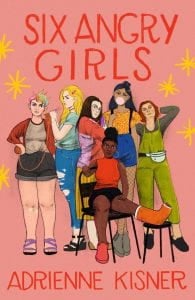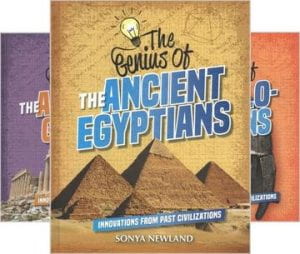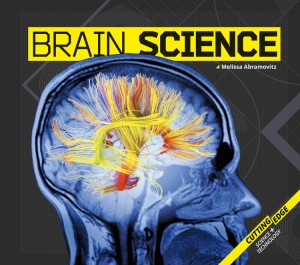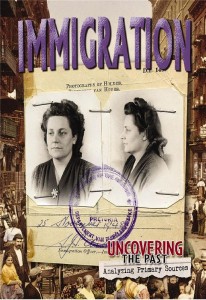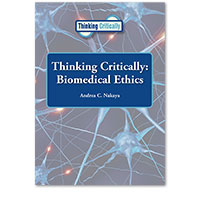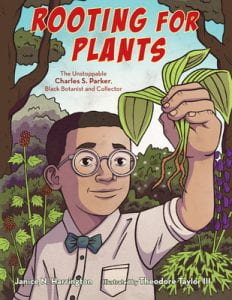 Harrington, Janice N. Rooting for Plants: The Unstoppable Charles Stewart Parker, Black Botanist and Collector. Illustrated by Theodore Taylor III. Astra Books for Young Readers, 2023. 978-1-662-68019-9. $18.99. Unpaged. Grades 2-6.
Harrington, Janice N. Rooting for Plants: The Unstoppable Charles Stewart Parker, Black Botanist and Collector. Illustrated by Theodore Taylor III. Astra Books for Young Readers, 2023. 978-1-662-68019-9. $18.99. Unpaged. Grades 2-6.
From “brainy boy” in Spokane, Washington, to world-renown mycologist* at Howard University, Charles Stewart Parker led a full and successful life as a botanist, professor, and researcher. Born in 1882, Parker founded an African-American newspaper, then enlisted to serve as a lieutenant in the 366 Infantry of Black soldiers during World War I. As a leader, he protested the discrimination his men faced in the military. After his return from service, he could not afford to buy a farm so he became a consulting horticulturist, teaching others how to farm, plant, and garden, while achieving a botany degree from the State College of Washington. His interest in exploring and cataloging plants brought him from the Pacific Northwest to the East Coast. From his base at Howard University, he traveled to the American South collecting samples. His time at Penn State with mushroom authority, Lee Oras Overholts, though, revealed his expertise: fungi. He was the first botanist to write a clear, organized description of hypholoma. Through Parker’s eyes, young readers not only learn the parts of a mushroom, but also have the fungi elevated to something special. Theodore Taylor III’s clear, colorful illustrations engage the viewer of this picture book in varied frames: close-ups of plants, full-page spreads, or idyllic nature scenes. Esteemed in his field, Parker may be little known to the general public. In only 32 pages complemented by pictures, author Janice N. Harrington creates a well-rounded, informative biography of a scholar who can inspire many budding scientists. Includes glossary, timeline, spotlight of other African-American botanists and mycologists, and extensive bibliography.
*someone who works with fungi, like mushrooms
THOUGHTS: A quick search on the internet still yields little on Charles Stewart Parker (Charles S. Parker), so this biography and the loads of information crammed into it (without being overwhelming) is welcome. Students interested in STEM, girls and African American students interested in science, anyone looking for scientists with different areas of expertise will use this book. The back matter is valuable as well and allows for the wider grade range. Parker’s life teaches more than mushrooms. He showed scholarship, determination, persistence, and passion, and he never gave up being a student. The importance of his studies at Penn State is a high point.
Biography

